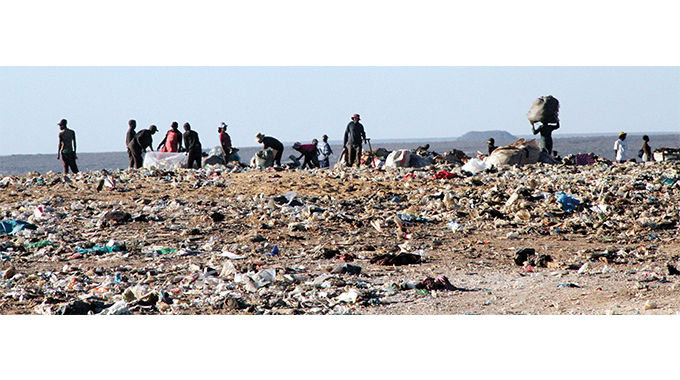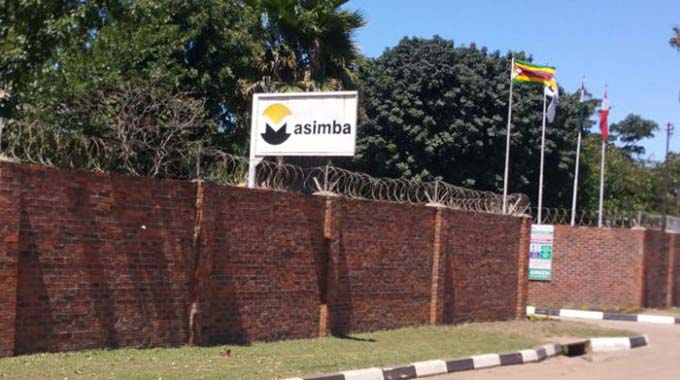‘Allocate 20% of budget to poor communities’
CIVIC groups have called on government to allocate 20% of the national budget to the education of children in marginalised societies and girls.
This was proposed yesterday during a Girls Education Advocacy in the Region (Gear) Alliance Advocacy training workshop by Farming Community Educational Trust (Facet). About 20 CSOs attended the workshop which discussed issues of access to education for girls in rural and farming communities.
“The issues go back to the monitoring of budget allocation and financial policies. We have noted with concern, especially last year that there was budget allocation towards menstrual hygiene; however, out of a random check with two schools in farming community in Mazowe district we noted that only 10% of the allocation reached the girls,” Facet project co-ordinator Respect Tsvanhu said.
“There is also the issue of infrastructure. In farming communities, children walk almost 20km to school. There is need to establish adequate educational centres in rural and farming communities because they rely on schools that were built by settlers before independence.”
Last month, Unicef released a report stating that government only spent 13,1% of the national budget on education in 2021 despite the Dakar Framework for Action stipulating that African governments must allocate 20% of the national budget towards education.
Education Coalition of Zimbabwe programmes assistant Wadzanayi Chitiga said government should make sure that the Basic Education Assistance Module (Beam) — a government programme that provides school fees, examination fees, levies and building assistance caters for girls who fall pregnant and face stigmatisation from their parents.
“What we want is a multi-stakeholder approach in supporting the girl child, especially those who have dropped out of school, whereby Beam should also support these girls to pay their levies because they might have faced stigmatisation from their parents. The Ministry of Health should also come in and assist with antenatal care during weekends so that their learning is not affected,” Chitiga said.
Primary and Secondary Education minister Evelyn Ndlovu admitted that the current education budget was inadequate.
“Indeed, there is a need for increased financing in the education sector as the current budget does not meet all the required needs of providing relevant and quality education service to all eligible clients,” Ndlovu said at the launch of the Global Action Week For Education in Harare.
This year’s theme was Inclusive Planning, Sustainable Financing and Realised Rights.
“Zimbabwe is committed to supporting our national education sector by protecting and increasing the share of the national budget dedicated to education towards the 20% global benchmark. In 2021 education’s share was 13.56%, and by 2025 our government has committed to increasing it to 20%,” Ndlovu added.-newsday










